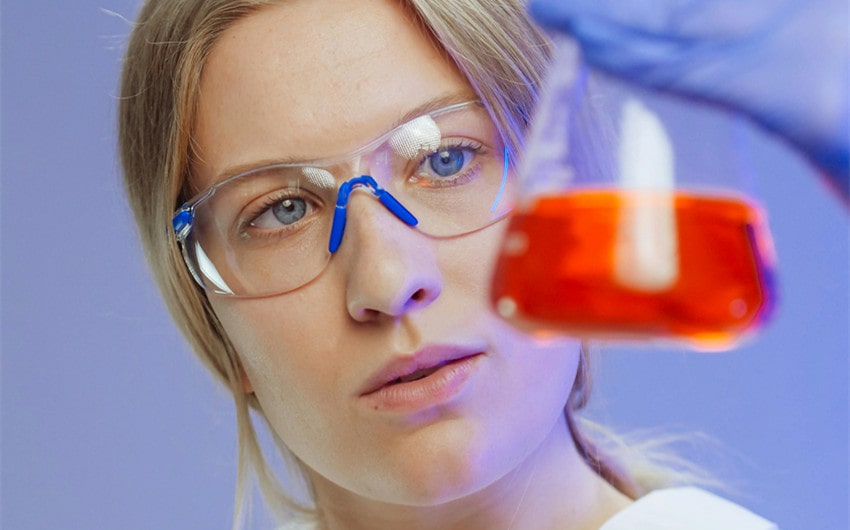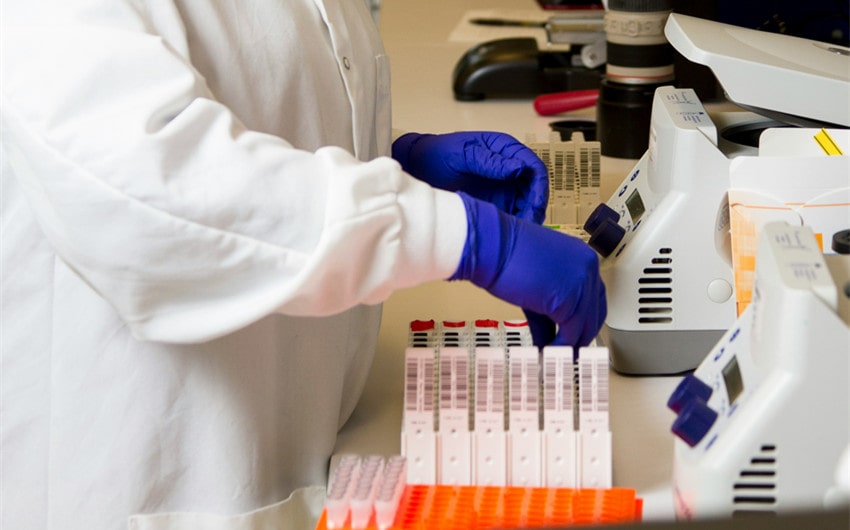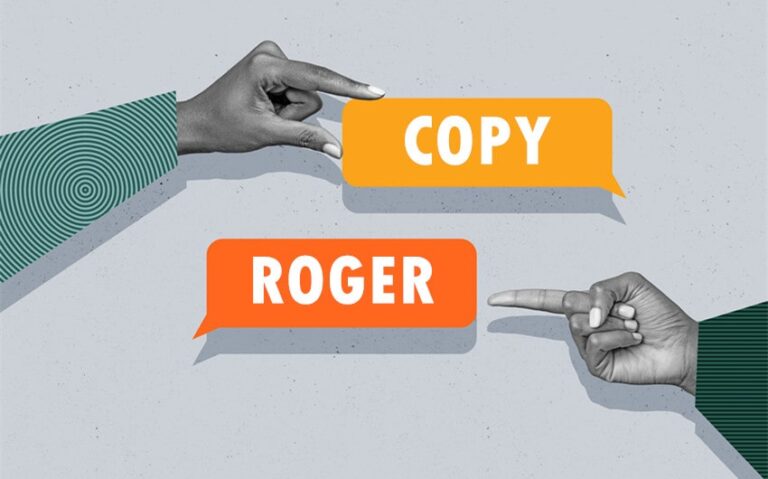125 Experimental Research Topics to Inspire Your Next Idea
Have you ever wondered how new discoveries are made or how theories are put to the test? Experimental research plays a huge role in answering the questions that shape our understanding of the world. From testing how sleep impacts focus to exploring the effects of social media on mental health, it all starts with the right idea.
Whether you’re a student preparing a project or simply curious about science, diving into experimental research topics can spark your curiosity and creativity. In this article, you’ll find inspiring ideas across various fields to kickstart your next big experiment.
Experimental Research Topics by Field
Psychology and Human Behavior
Psychology and human behavior research dives into the mysteries of how we think, feel, and act. Whether it’s studying the impact of sleep or understanding how social media shapes self-esteem, these topics offer insights into the human mind and its responses to everyday challenges.
- How does music tempo affect concentration levels?
- The impact of color schemes on mood and emotional responses.
- Does multitasking reduce the quality of work performance?
- The effect of gratitude journaling on mental well-being.
- Does humor improve memory retention in learning?
- The influence of peer pressure on decision-making.
- Can positive affirmations reduce stress levels?
- How does sleep deprivation affect emotional recognition?
- The role of body language in trust-building.
- Does mindfulness meditation improve test performance?
- The effect of caffeine consumption on short-term memory.
- How do video games influence reaction time in adults?
- The impact of social media “likes” on self-esteem.
- Can time outdoors reduce symptoms of anxiety?
- How does task repetition influence productivity?
- The effect of background noise on problem-solving skills.
- Can eye contact enhance interpersonal trust?
- The role of facial expressions in conveying emotions.
- How does visualization affect athletic performance?
- The impact of physical exercise on cognitive flexibility.
- Does sharing personal experiences increase empathy?
- The influence of virtual reality on phobia treatment.
- Can setting goals improve happiness?
- How does group size affect conformity levels?
- The effect of lighting conditions on creativity.
Education
Education is ever-evolving, and experimental research can shed light on how we learn and teach most effectively. From testing the benefits of gamification to comparing online and traditional classrooms, these topics explore ways to improve learning outcomes for students of all ages.
- Does peer teaching enhance understanding in students?
- The effect of digital note-taking on memory recall.
- Can interactive games improve math skills?
- How do flipped classrooms impact learning outcomes?
- Does listening to instrumental music improve study performance?
- The role of visual aids in improving comprehension in young learners.
- Can hands-on experiments improve science learning?
- The impact of journaling on writing skills development.
- Do group projects foster critical thinking?
- The influence of screen time on literacy skills in children.
- How does teacher feedback style affect student confidence?
- Can students’ seating arrangements influence focus in the classroom?
- The effect of open-book exams on stress levels.
- Does online learning improve or hinder academic performance?
- The role of frequent quizzes in enhancing long-term retention.
- Can storytelling improve language learning in children?
- The influence of sleep patterns on academic success.
- Do movement breaks improve attention in younger students?
- The impact of virtual labs on science education.
- Does gamification increase interest in STEM subjects?
- Can participation in sports enhance classroom engagement?
- The effect of bilingualism on problem-solving skills.
- How does access to technology influence learning in underserved areas?
- The role of parent involvement in academic success.
- Do uniforms impact student focus and performance?
Medicine and Health
Advances in medicine and health often stem from experimental research that tests new treatments, lifestyle changes, and preventive measures. Whether it’s exploring the impact of mindfulness on anxiety or testing the effects of exercise on sleep quality, these topics have the potential to improve lives.
- Does intermittent fasting improve metabolic rates?
- The impact of exercise on sleep quality.
- How does drinking water before meals affect digestion?
- Can aromatherapy reduce post-surgical anxiety?
- The effect of probiotics on gut health.
- Does yoga improve lung capacity in asthma patients?
- Can handwashing frequency reduce the spread of common colds?
- The role of hydration in managing headaches.
- How does sugar consumption affect attention spans in children?
- Can mindfulness reduce chronic pain?
- Does regular stretching lower the risk of back pain?
- The effectiveness of different diets in managing Type 2 diabetes.
- The impact of blue light on sleep cycles.
- Can walking improve cardiovascular health in older adults?
- How does social interaction affect recovery rates in patients?
- Does reducing salt intake lower blood pressure effectively?
- The role of vitamins in boosting immunity.
- Can physical therapy improve recovery in post-stroke patients?
- Does listening to soothing music improve recovery times in hospitals?
- The effect of daily meditation on reducing stress in healthcare workers.
- Can virtual fitness programs encourage consistent exercise habits?
- How does pet ownership affect mental health?
- The impact of plant-based diets on energy levels.
- Can laughter therapy improve pain tolerance?
- How does caffeine intake influence heart rate variability?
Technology and Innovation
Technology drives innovation, and experimental research helps fine-tune the tools we use daily. From artificial intelligence applications to energy-efficient smart homes, these topics highlight how technology can solve real-world problems and push the boundaries of what’s possible.
- How does artificial intelligence improve efficiency in virtual assistants?
- The impact of wearable fitness trackers on motivation.
- Can smart home systems reduce energy consumption?
- How does 3D printing influence product prototyping?
- Does voice recognition accuracy improve with training?
- The effect of augmented reality in enhancing online shopping experiences.
- Can blockchain technology improve online transaction security?
- The role of machine learning in fraud detection.
- How do robotics influence productivity in warehouses?
- The impact of electric vehicles on urban air quality.
- Does gamification enhance user engagement in fitness apps?
- How does automation affect job satisfaction?
- The influence of screen size on user satisfaction in mobile devices.
- Can virtual meetings improve team collaboration compared to in-person meetings?
- The role of drones in disaster management.
- How does e-learning software influence teacher productivity?
- Can cybersecurity measures reduce phishing attacks?
- The impact of smart glasses on accessibility for the visually impaired.
- How does coding education influence logical thinking in children?
- Can self-driving cars improve traffic flow?
- The role of AI in predicting medical diagnoses.
- How does smart farming impact agricultural yields?
- The effect of personalized ads on user purchasing decisions.
- Can mobile apps improve financial literacy?
- How does gaming software influence user reaction speeds?
Environmental Science
With growing concerns about climate change and sustainability, experimental research in environmental science focuses on practical solutions for a greener future. From reducing waste to exploring renewable energy, these topics aim to protect and restore our planet for generations to come.
- Does composting reduce household waste effectively?
- The impact of urban green spaces on air quality.
- Can reforestation projects combat climate change?
- How does single-use plastic bans affect local businesses?
- The effect of organic farming on soil health.
- Does rainwater harvesting reduce urban water demand?
- The role of wetlands in reducing flood risks.
- How do electric cars influence overall carbon footprints?
- Can renewable energy sources reduce reliance on fossil fuels?
- The impact of microplastics on fish reproduction.
- Does solar panel installation affect household electricity bills?
- How does overfishing impact coral reef ecosystems?
- The effect of pesticide alternatives on crop yield.
- Can urban gardening improve food security?
- How do invasive species disrupt local ecosystems?
- The role of ocean clean-up projects in reducing pollution.
- Does proper waste segregation increase recycling rates?
- The effect of drought-resistant crops on food supply stability.
- Can eco-tourism help protect endangered species?
- How does air pollution influence respiratory health?
- The impact of tree planting on reducing urban heat islands.
- Does reducing paper usage in schools save forests?
- The role of LED lighting in conserving energy.
- How does wastewater treatment improve water quality?
- Can wind farms supply consistent energy to rural areas?
Tips for Conducting Experimental Research
1. Start with a Clear Hypothesis
A strong experimental study begins with a well-defined hypothesis. Your hypothesis should state what you aim to prove or disprove and be specific, measurable, and testable. For example, instead of saying “exercise improves mood,” frame it as “30 minutes of daily exercise reduces stress levels by 20% in adults over four weeks.”
2. Design a Robust Experiment
Careful planning is key to ensuring your experiment yields reliable results. Consider the following:
- Independent Variables: What will you change or manipulate?
- Dependent Variables: What will you measure?
- Control Variables: What will you keep constant to avoid bias?
Using a control group and ensuring randomization of participants can also strengthen your design.
3. Keep Ethical Considerations in Mind
Ethics play a crucial role in experimental research. Obtain informed consent from participants, maintain their anonymity, and ensure their well-being throughout the study. If your research involves animals, follow ethical guidelines to minimize harm.
4. Use a Representative Sample
The participants in your experiment should reflect the population you’re studying. Avoid sampling biases by selecting a diverse group, and ensure the sample size is large enough to produce statistically significant results.
5. Ensure Accurate Data Collection
The success of your experiment depends on collecting reliable data. Use standardized tools, record observations meticulously, and avoid human errors by double-checking measurements. Automation or software tools can help improve accuracy.
6. Analyze Your Data Thoroughly
Once your experiment is complete, analyze your data to determine whether it supports or refutes your hypothesis. Use statistical tests to interpret your findings and account for potential errors. Ensure you present results in a clear, concise, and unbiased manner.
7. Emphasize Repeatability
Repeatability is a cornerstone of experimental research. Document every step of your methodology so others can replicate your study. Consistent results across multiple trials or by different researchers add credibility to your findings.
8. Stay Flexible and Open-Minded
Not every experiment will go as planned, and unexpected outcomes can still provide valuable insights. Be prepared to revise your methods or hypothesis if necessary and view setbacks as opportunities to learn.










